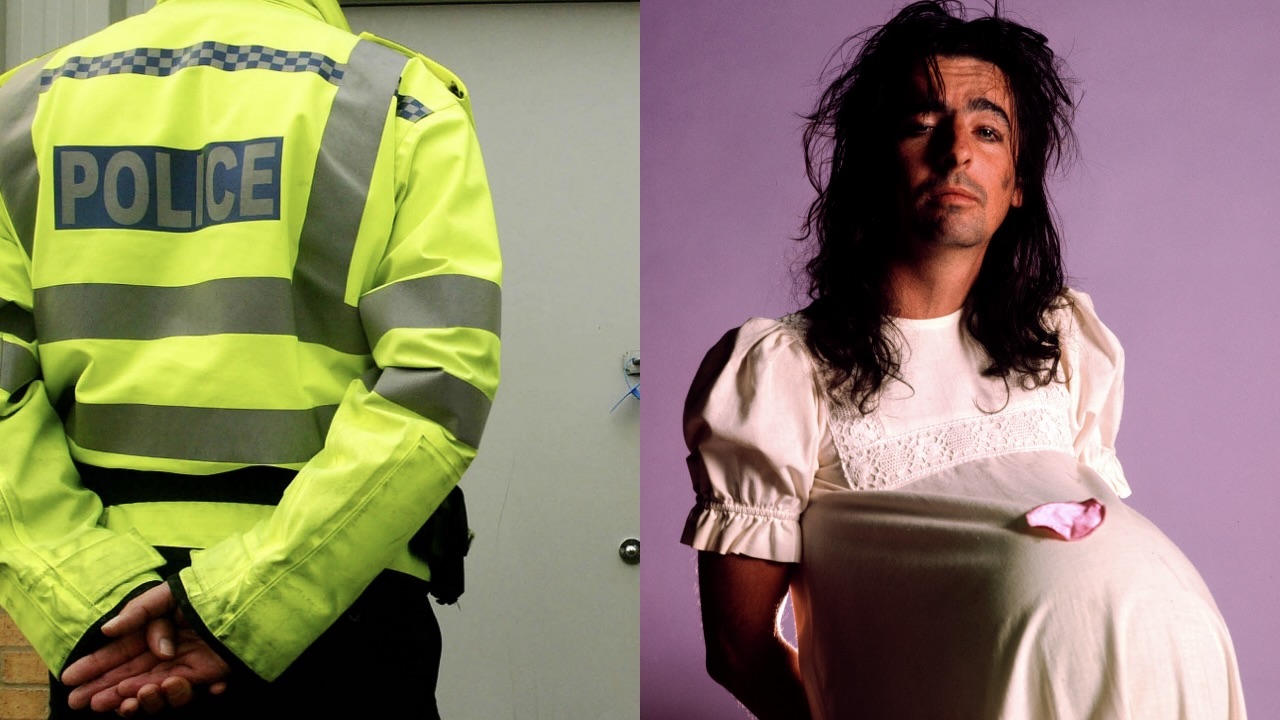
Championing the emerging grindcore and death metal scenes, Earache Records became synonymous with some of the most brutal, nasty and influential releases of the '80s, from Napalm Death's Scum and Carcass' Reek Of Putrefaction to Terrorizer's World Downfall and Godflesh's Streetcleaner, and was viewed by metalheads as one of the most trusted record labels in the world.
As the label's popularity grew, with Radio 1 DJ John Peel and even the UK's notoriously fickle 'inkie' music press on-side, It's output began to attract attention beyond the metal community, not all of this attention welcome.
One morning in 1991, the label's UK office was raided by police seeking material in breach of the Obscene Publications Act: to the surprise, bemusement and mounting anger of owner/founder Digby Pearson, officers ransacked the office, crowbarring open filing cabinets, seizing boxes of albums by artists including Carcass, Cadaver and Filthy Christians and - more bizarrely - a poster of original 'shock rocker' Alice Cooper holding a bloody severed head aloft.
The raid was sparked by a tip-off from British customs who, just days earlier, had intercepted a package containing the proposed artwork for Guts Of A Virgin, the debut album from avant-garde jazz/grindcore 'supergroup' Painkiller, which featured New York saxophonist John Zorn, celebrated jazz/funk bassist Bill Laswell, and Napalm Death drummer Mick Harris. The artwork featured a photo of a dead woman with her stomach cut open to reveal a foetus inside.
"I was fucking in shock," Digby Pearson recalled to extreme metal writer Albert Mundrian in his excellent, definitive death metal/grindcore hiostory book Choosing Death. "Obviously I knew that the bands' album covers were meant to be repulsive, but the fact they could be illegal as well never occurred to me. I had encouraged these bands to make the offensive sleeves in the first place, by [Carcass vocalist/bassist] Jeff Walker the Forensic Pathology medical textbook to use its images for Carcass' Reek... cover. Basically I wanted the bands to have record sleeves that pushed back the boundaries, using real-life gore, as opposed to the fake horror movie stuff that other death metal bands had at the time."
The nine months which followed the raid were anxious for all at Earache, as the British police examined everything they had confiscated on the day. Finally, they informed Pearson that no charges were to be brought against the label, and the case was closed.
"And I never did get that Alice Cooper poster back," Pearson lamented.







